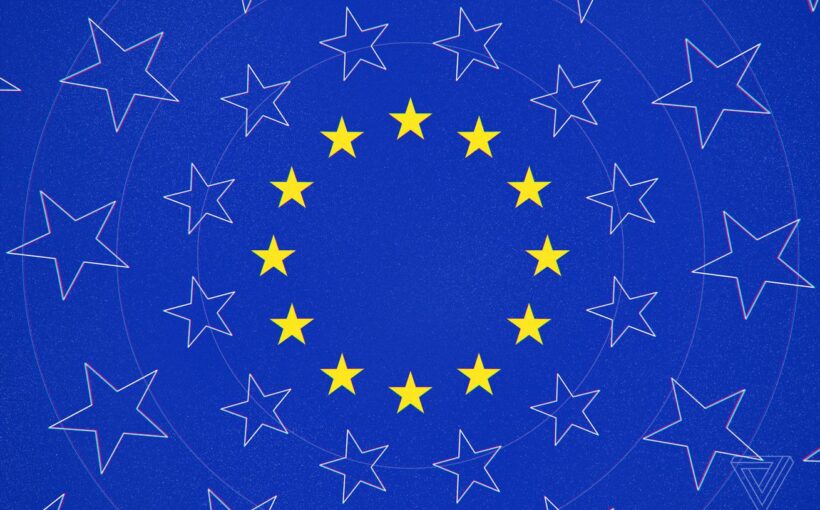BRUSSELS – Tunisia hasn’t received EU funding yet to stop migrants coming to Europe, the chief negotiator of the controversial deal between Brussels and Tunis told EU lawmakers Thursday.
It’s too soon to see a fall in boat crossings to Europe, said the director general of the EU’s neighborhood department, Gert Jan Koopman, adding that negotiations to unblock the funding have just begun.
The European Commission hailed the controversial deal back in July as a template to curb migration from North Africa, leaving the door open to similar arrangements with Libya and Morocco.
The agreement offers millions to Tunisia’s authoritarian government in exchange for help to block boats carrying migrants, after arrivals from the country to Europe rose five fold over the last 12 months.
But for now, the EU’s cash is still frozen in Brussels.“Yesterday we actually hit it off at my level to make sure that this is brought forward as soon as possible,” Koopman told the European Parliament’s foreign affairs committee, suggesting he aims to strike a deal over the next few weeks.
The pact foresees €105 million to support Tunisia’s border control operations, and an extra €150 million to prop up the country’s budget amid soaring inflation.
The EU pledged an extra €900 million only if Tunisia agrees to ratify an International Monetary Fund bailout.
The EU official brushed away criticism that the 69 percent rise in migrant crossings from Tunisia to Europe after the deal was signed indicated that it was not working.
“It’s very clear that it would be far too early to assume that this can … today deliver results,” Koopman told EU parliamentarians, adding that key parts of the agreement still haven’t been delivered.
He stressed that incoming EU funding to Tunisia should strengthen its coast guard’s ability to push back small boats heading to Europe. He also hinted that the country must beef up its external borders as migrants making the trip to Europe tend to come from foreign countries including Guinea, Ivory Coast, Egypt, Bangladesh and Pakistan.
On Thursday, EU lawmakers from across the spectrum criticized the agreement for dismissing human rights concerns in Tunisia and emboldening the country’s authoritarian leader, Kais Saied.
But Koopman responded: “It is not for us to pass any judgments over a government.”


